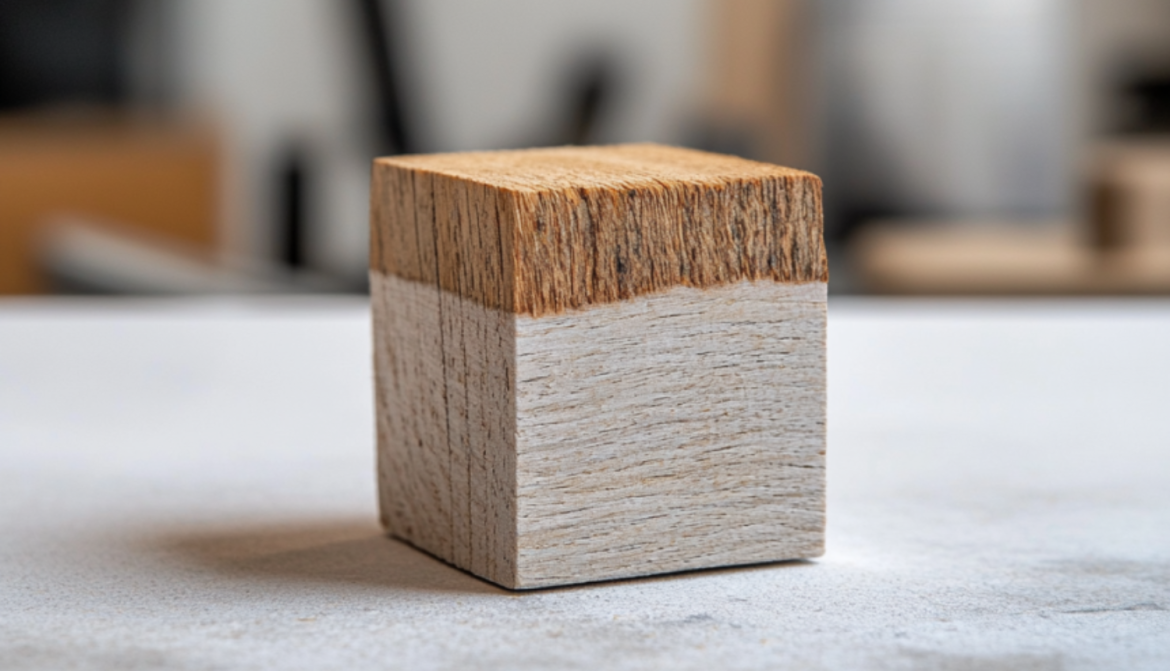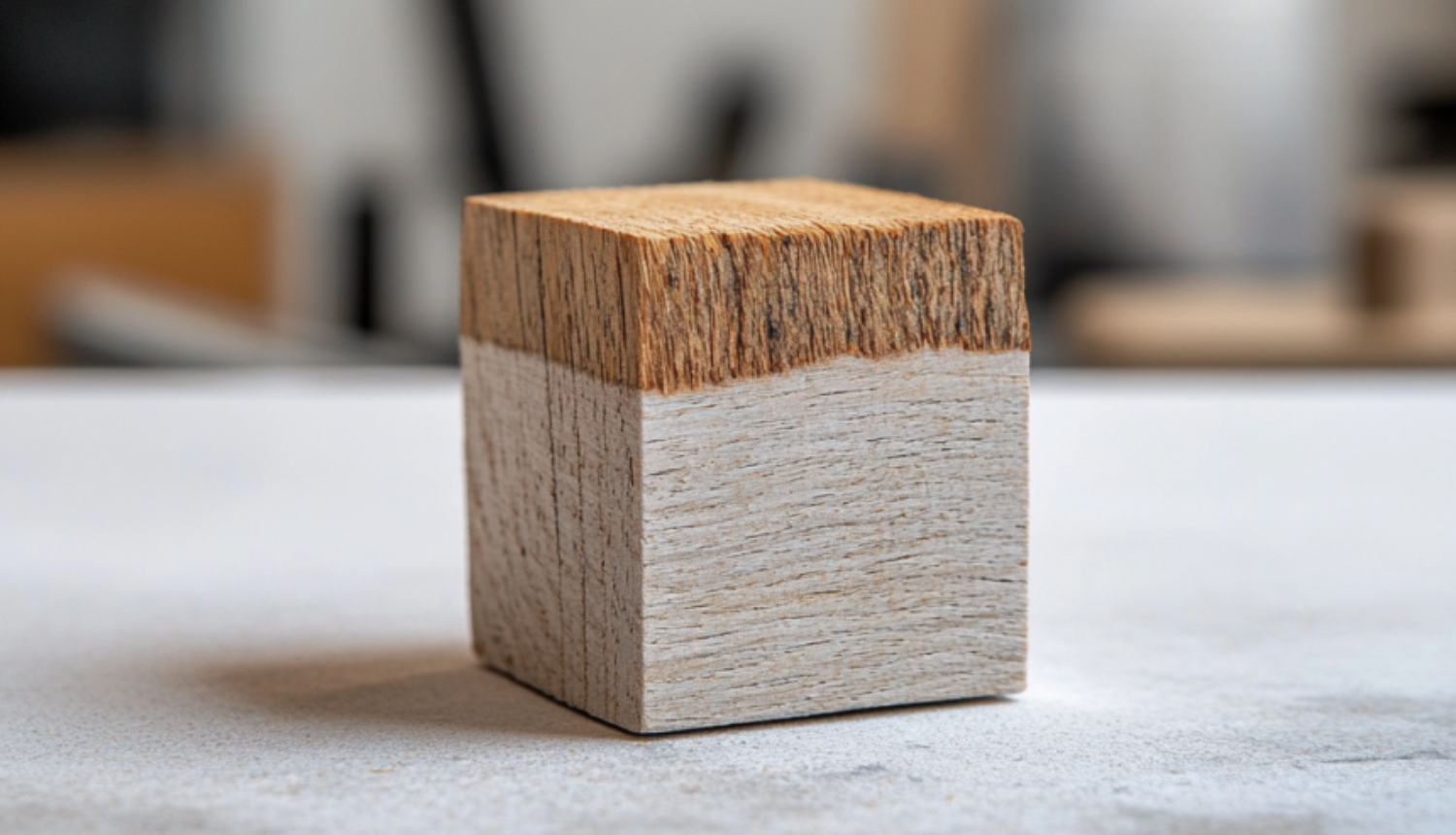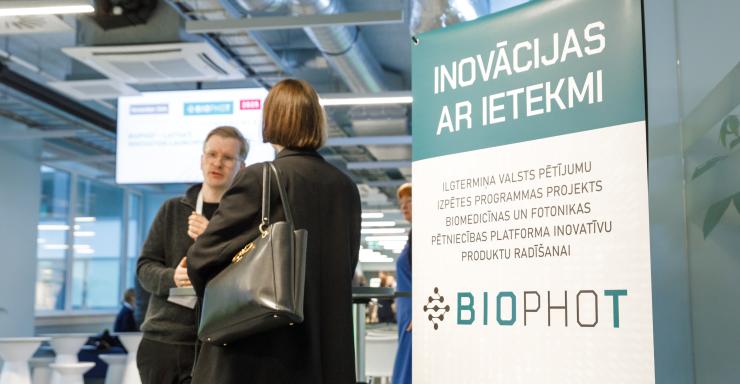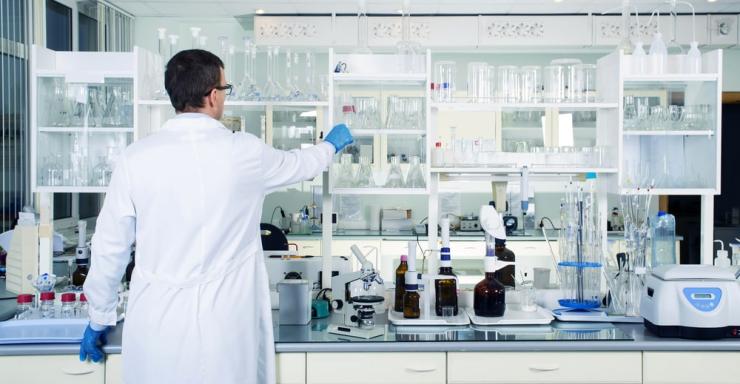Conventional wood coatings continue to rely heavily on fossil-derived synthetic polymers and organic solvents, posing significant environmental and health risks. The development of sustainable alternatives is increasingly prioritised across materials science, the wood sector, and the bioeconomy.

In the article Fully bio-based water-resistant wood coatings derived from tree bark (Materials Horizons, 2024, 11, 6504–6515), co-authored by Dr. Jānis Rižikovs from the Latvian State Institute of Wood Chemistry, a novel solvent-free concept is introduced: hybrid aqueous dispersions based solely on birch bark-derived suberinic acids and spruce bark polyphenols. The work was carried out in the framework of the ERA-NET ForestValue project BarkBuild, which promotes the valorisation of bark as a renewable feedstock in high-performance materials.
The publication was awarded the prestigious Outstanding Paper Award by Materials Horizons, recognising its contribution to advancing bio-based coatings and green chemistry.
Solvent-Exchange-Induced Self-Assembly of Hybrid Particles
The coating formulation is based on solvent-exchange-induced self-assembly, where polyphenols facilitate the dispersion and stabilisation of hydrophobic suberinic acids in water. Upon drying and thermal post-treatment, the hybrid particles form a uniform, robust film with enhanced performance.
The optimal formulation (10 wt% polyphenols, 90 wt% suberinic acids) achieved the lowest water absorption (100 g·m⁻² after 72 h), outperforming a commercial alkyd emulsion coating. The bio-based film exhibited high surface adhesion (ASTM D3359 rating 4B) and resistance to staining.
Bark-Inspired Microstructure and Thermochemical Crosslinking
Advanced microscopy (AFM, cryo-TEM) revealed a variety of particle morphologies, including lamellar, vesicular, and star-like structures. Upon film formation, these particles spontaneously self-organise into a three-dimensional polymer network, contributing to reduced porosity and improved mechanical integrity.
Spectroscopic and thermal analyses (DSC, FTIR, TGA) confirmed that esterification and polycondensation reactions occur during thermal curing, where polyphenolic compounds actively participate in the crosslinking process.
Towards Circular Bioeconomy Solutions
Annually, approximately 23 million tonnes of bark are generated as a by-product in the European wood processing industry. This study demonstrates that bark can serve as a high-value feedstock for producing sustainable, high-performance coatings — entirely free of synthetic crosslinkers, petrochemical monomers, or toxic solvents.
By mimicking bark’s natural barrier properties, this fully bio-based coating technology represents a significant step toward circular material design in wood protection and bio-based chemistry.
Future research under the BarkBuild project will expand its scope to include other bark fractions, functionalization with UV stabilisers and antimicrobial agents, and applications in bio-based wood composites.
Read the full publication: Fully bio-based water-resistant wood coatings derived from tree bark


